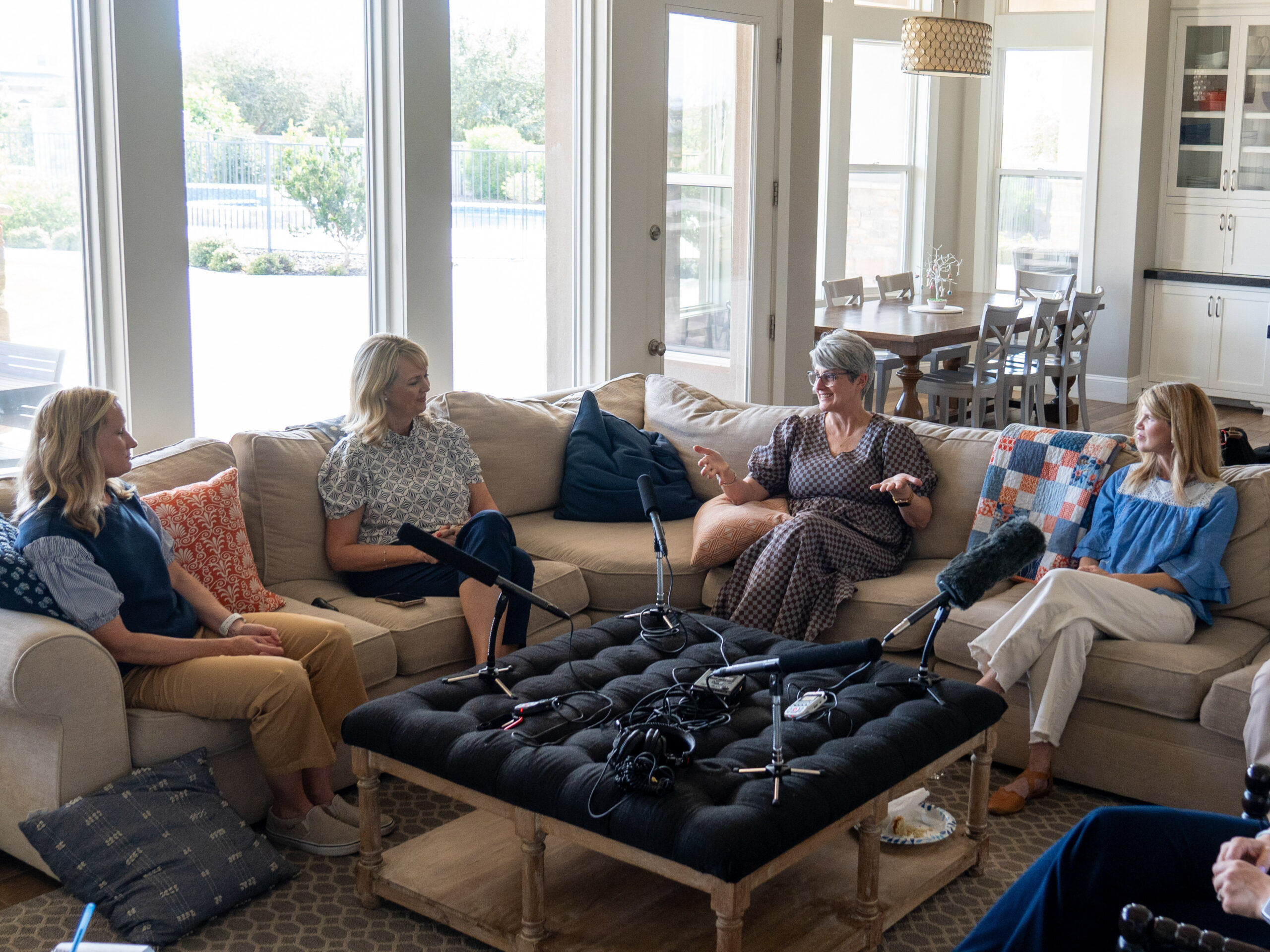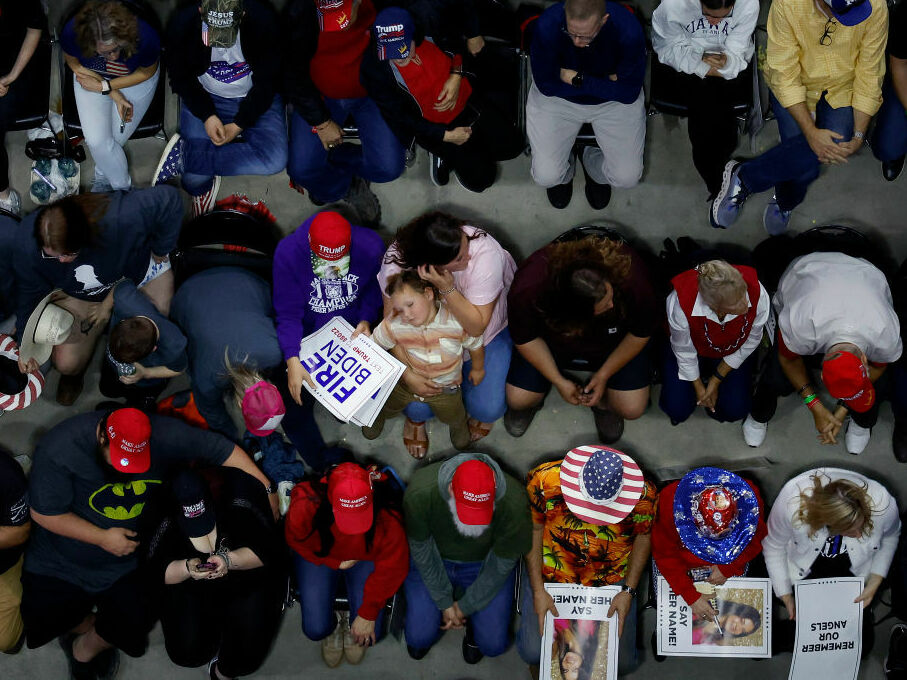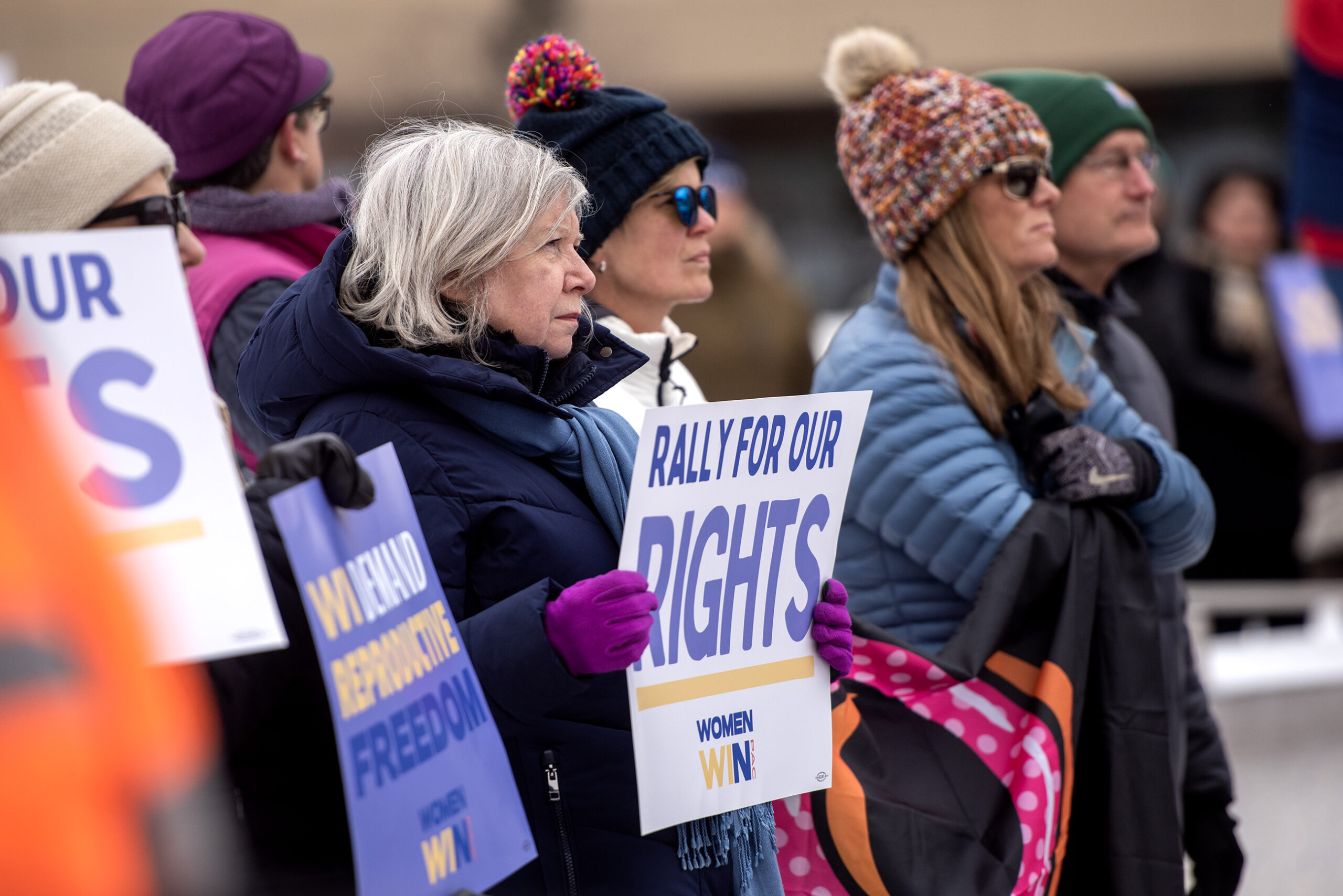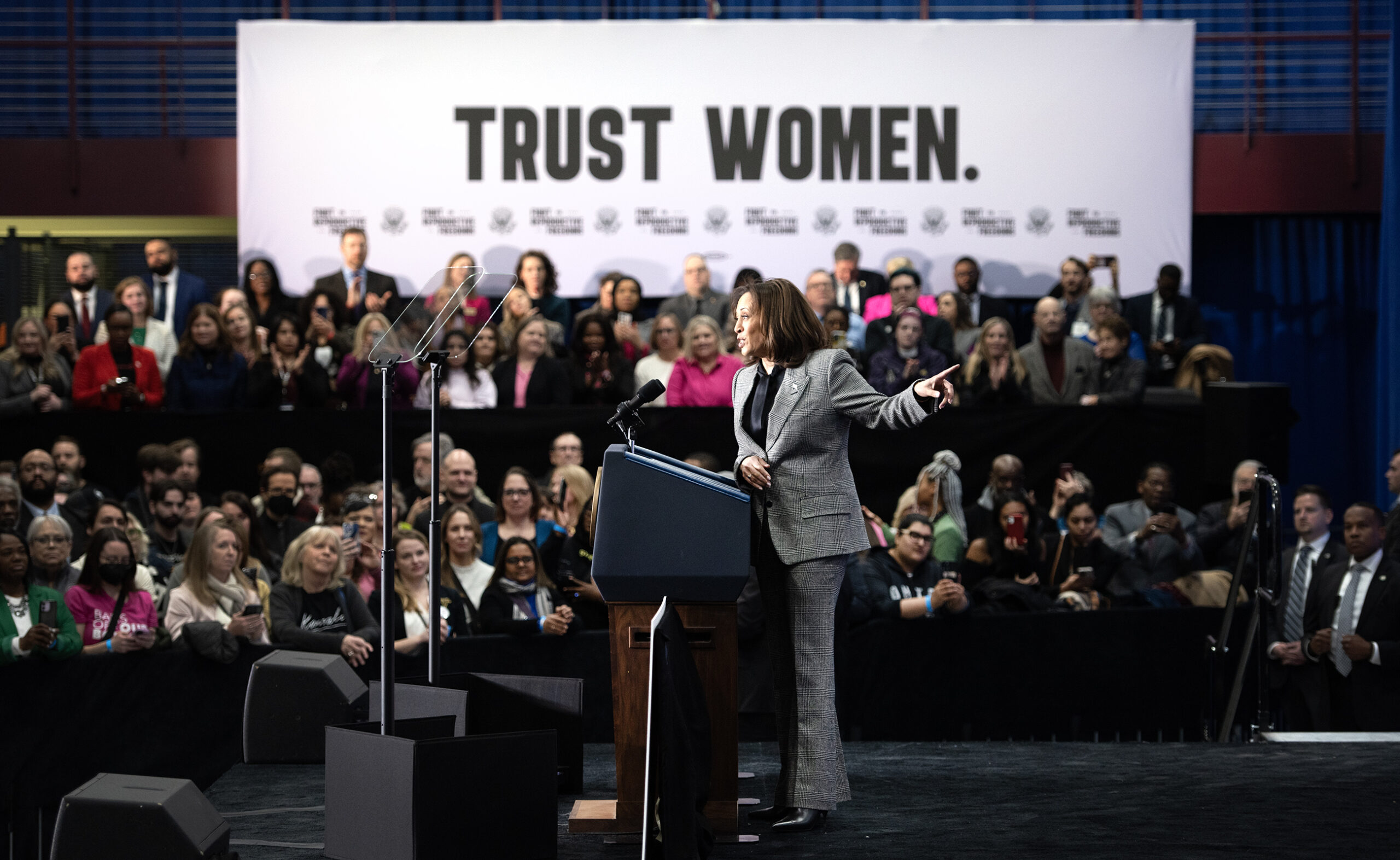The Women’s March on Washington D.C. was the first major show of resistance toward the Trump Administration. However, our guests says that anti-Trump activism is not making women interested in political careers. We also take a closer look at how the proposed federal budget would affect research and restoration work in the Great Lakes. Plus, we’ll look at the U.S. Senate’s proposed healthcare plan.
Featured in this Show
-
Anti-Trump Activism Isn't Making Women More Interested In Public Office
The 2017 Women’s March after President Trump’s inauguration was the largest single-day march in U.S. history. But a new report says that women’s increased political engagement in response to President Trump’s win isn’t translating into an interest in public office.
-
More Women Are Politically Active, But Less Women Are Running For Office
President Trump’s election spurred women to protest in the streets across the nation, including the largest single-day march in United States history.
But it didn’t spur them to run for office themselves. That’s according to a new study by Politico, American University and Loyola Marymount University.
The study found what it calls a “Trump effect,” said Jennifer Lawless, one of the authors of the study.
“There was widespread speculation when we saw increased levels of political engagement and activism, that the upside for Democrats of Donald Trump getting elected is we’d see a surge in the number of female candidates,” she said. “What we call the ‘Trump effect’ is in fact that increased activism, but no commensurate surge in political ambition. Most of the women who have been energized are still not at all interested in putting their hats into the ring.”
The survey looked at 2,100 “potential candidates,” who are employed full-time and have college degrees.
In some ways, the results were consistent with past surveys of the same group of people. Women for years have been equally politically active with men. But when it comes to actually running for office, women have always been much less likely, Lawless said.
“They think that there are more effective ways to bring about positive change than putting their own names on the ballot,” she said.
However, this year, women were much more politically active than men. The study’s authors were surprised when it didn’t translate to potential runs for office. Negative feelings towards a political candidate can sometimes politically motivate people.
Democrats felt much more negatively toward Trump than Republicans did toward Hillary Clinton, Lawless said.
Other times, it’s a positive influence that is the motivator.
“Democratic men and women are roughly equally likely to say that a party leader, an elected official or a political activist has encouraged them to run for office,” she said.
But women were one third less likely to actually run, according to the survey.
In recent years, women have become more prominent in the political sphere, flagged by candidates like Sarah Palin and Clinton. It might lead to the assumption that women are inspired by seeing others like them.
However, there’s a Catch-22, because seeing how these prominent female candidates are treated can be off putting, she said.
“A lot of the time, studies reveal that there doesn’t seem to be a broad role model effect as far as seeing women on the ballot because these two competing dynamics seem to work hand-in-hand,” Lawless said.
-
Great Lakes Funding Under The Trump Budget
Our guest looks at how funding cuts called for by the Trump budget could affect the status of research and restoration for the Great Lakes.
-
Senate Unveils Their Health Care Plan
Republicans in the U.S. Senate released their own bill to “repeal and replace” the Affordable Care Act–or, Obamacare. We’ll speak with Donna Friedsam, researcher and health policy programs director at the University of Wisconsin Population Health Institute, about the news.
Episode Credits
- Rob Ferrett Host
- Veronica Rueckert Host
- Haleema Shah Producer
- Veronica Rueckert Producer
- J. Carlisle Larsen Producer
- Jennifer Lawless Guest
- Peter Annin Guest
- Donna Friedsam Guest
Wisconsin Public Radio, © Copyright 2024, Board of Regents of the University of Wisconsin System and Wisconsin Educational Communications Board.




